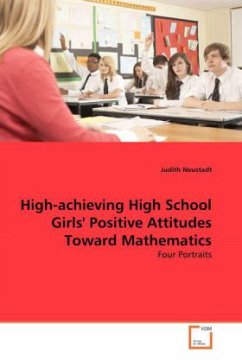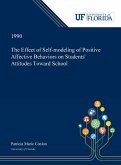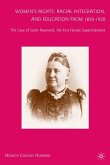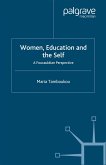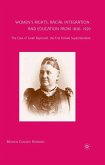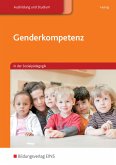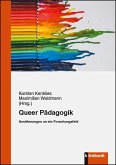The mathematics gender gap that grows as girls age has received attention by researchers from many disciplines for over 25 years. The major factors cited in the research are biological ability differences, social and environmental differences, learner variables, and the discipline and teaching of mathematics. These factors have been explored as contributors to females' lack of success and negative feelings about mathematics. However, there are females who are successful and have positive feelings about mathematics.The purpose of this book is to explore the elements that contribute to some young women's positive feelings about mathematics. A qualitative study design is used based on in-depth interviews with four female high school seniors, their parents, and their Calculus BC teacher. Portraits are presented that include the girls' family, peers, educational experiences, relationships with mathematics, learner behaviors and preferences, beliefs about the teaching and learning of mathematics, and beliefs about gender and learning. Educators, parents, and anyone who is curious about the intersection of math and gender will find this book interesting.
Bitte wählen Sie Ihr Anliegen aus.
Rechnungen
Retourenschein anfordern
Bestellstatus
Storno

